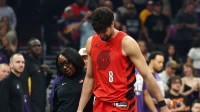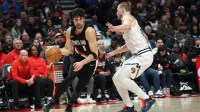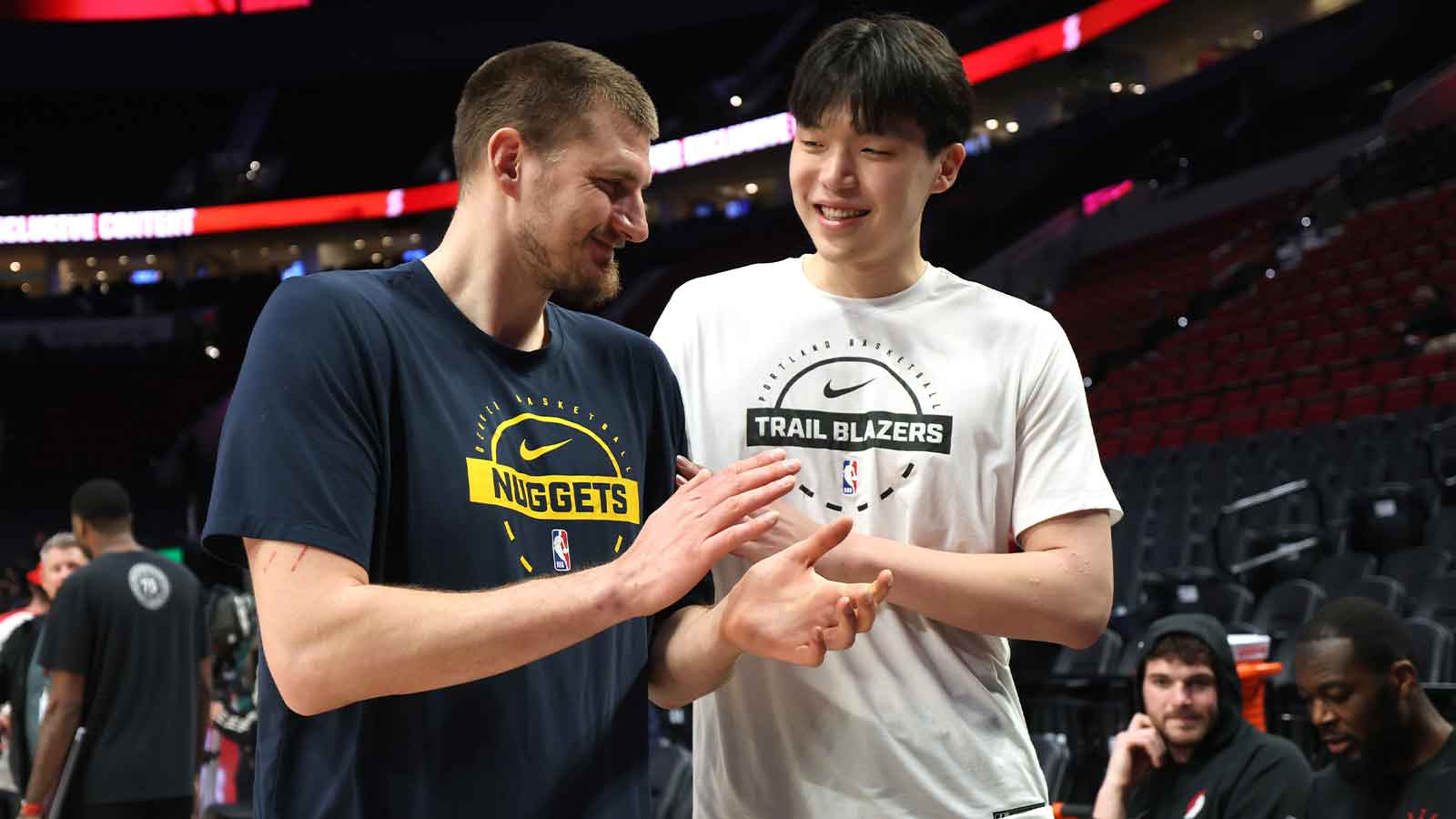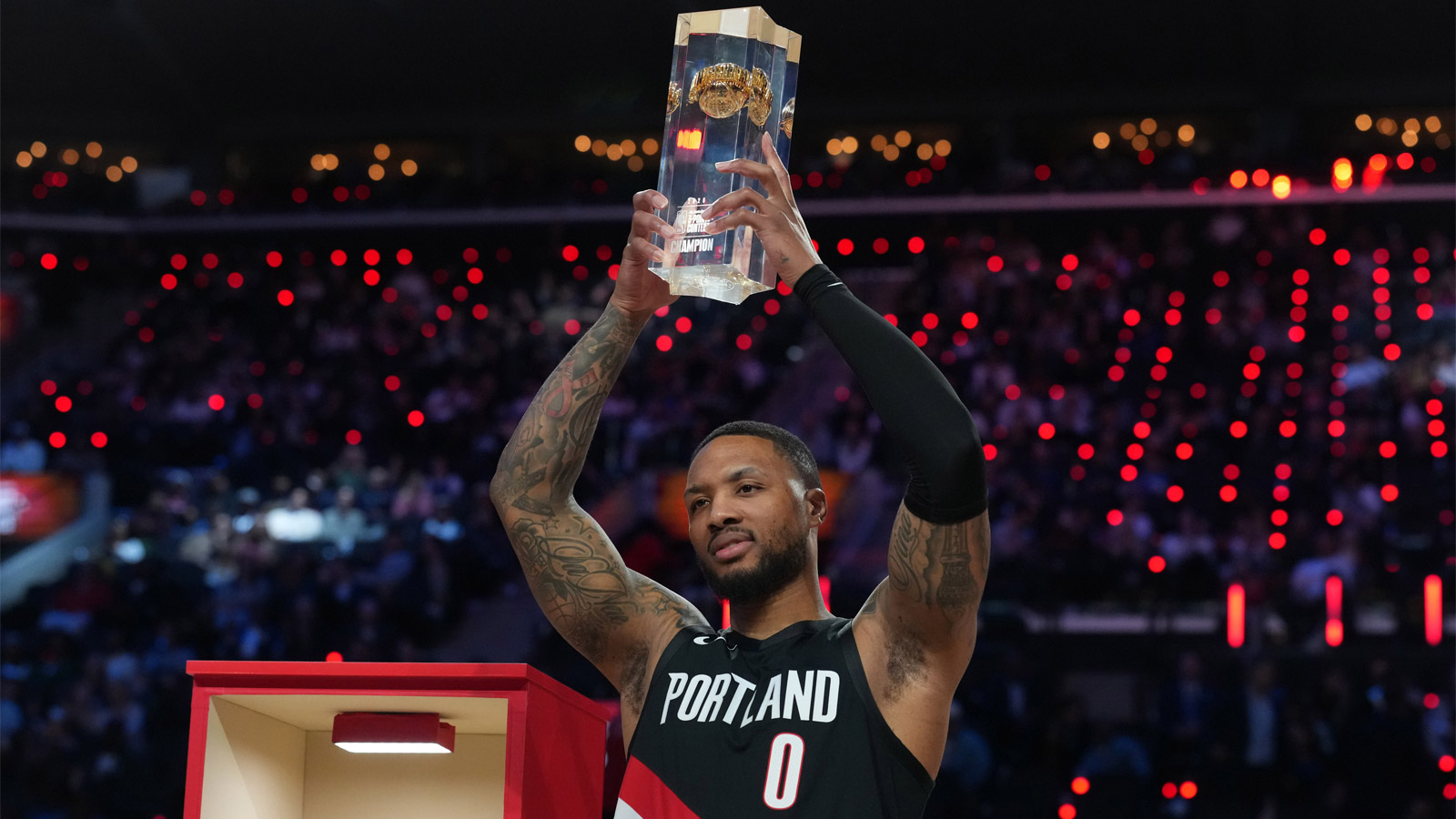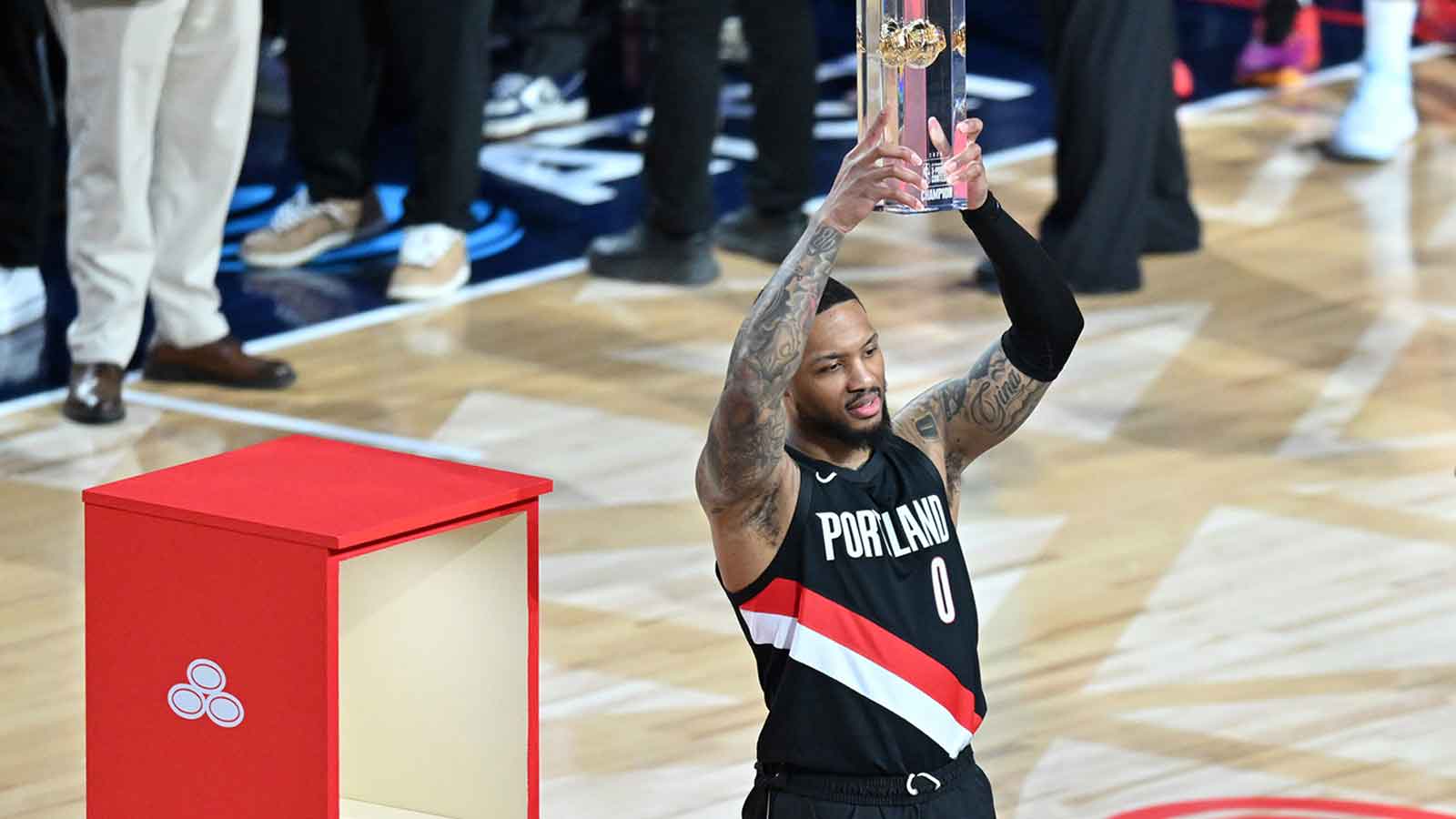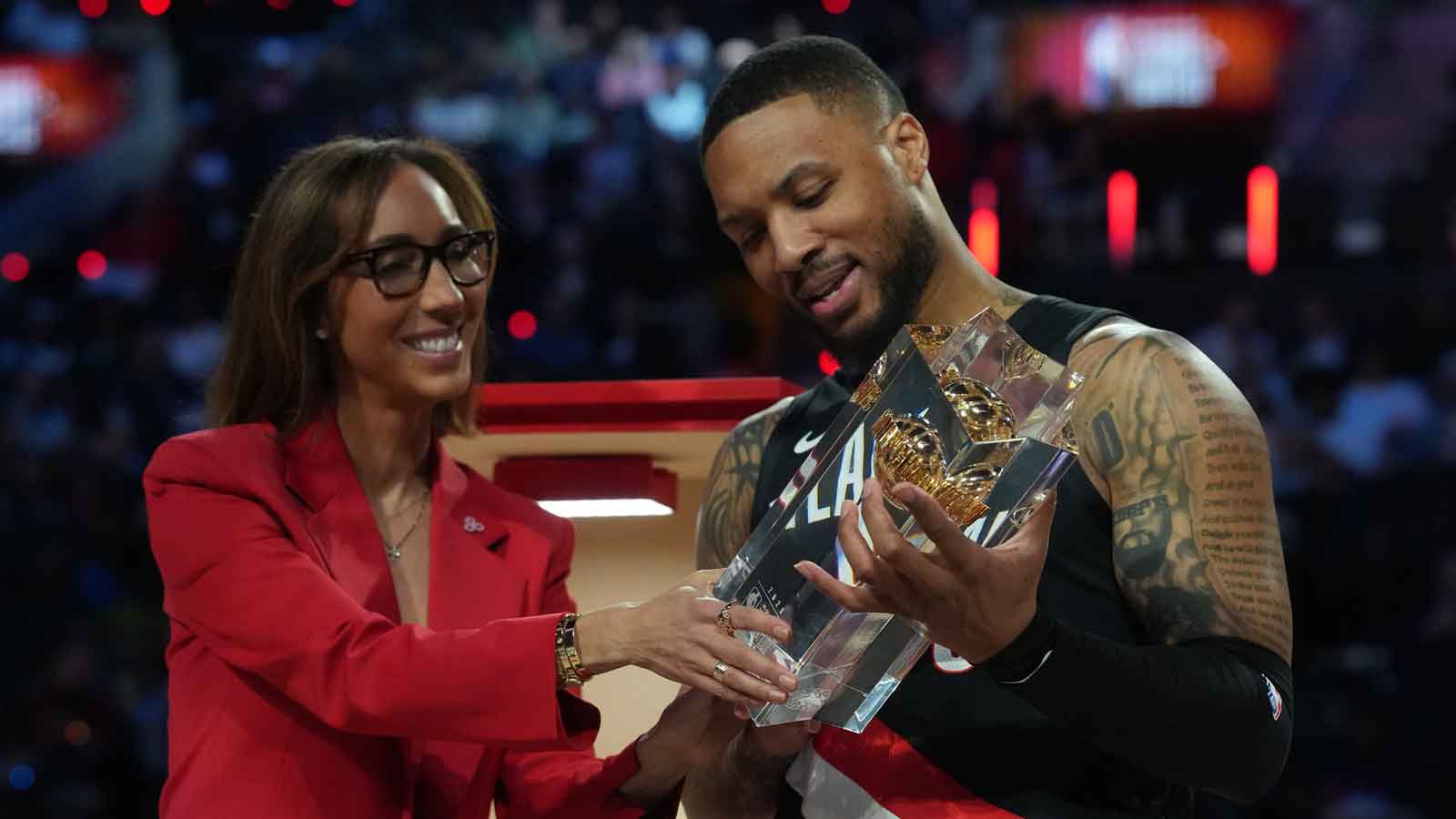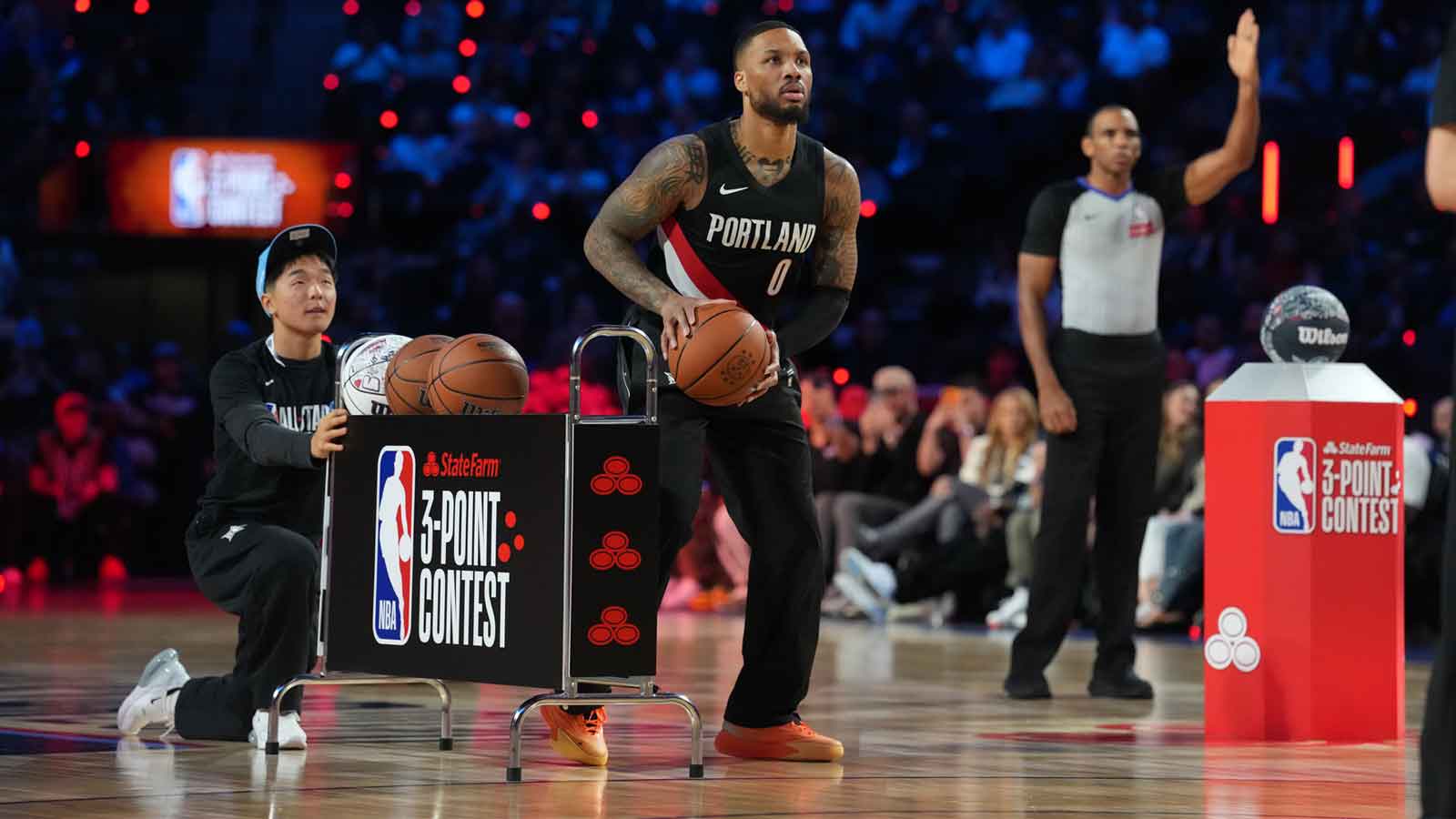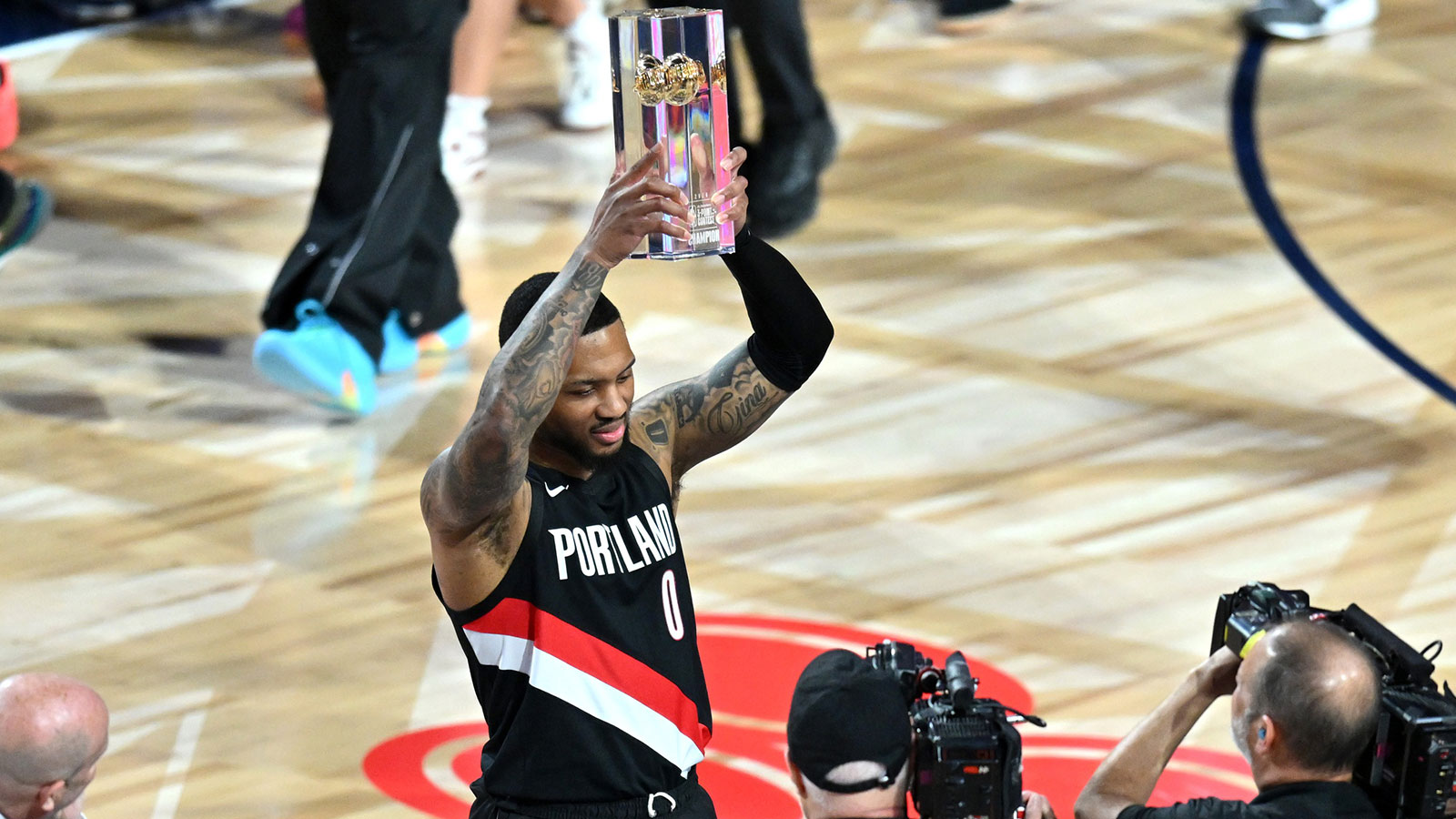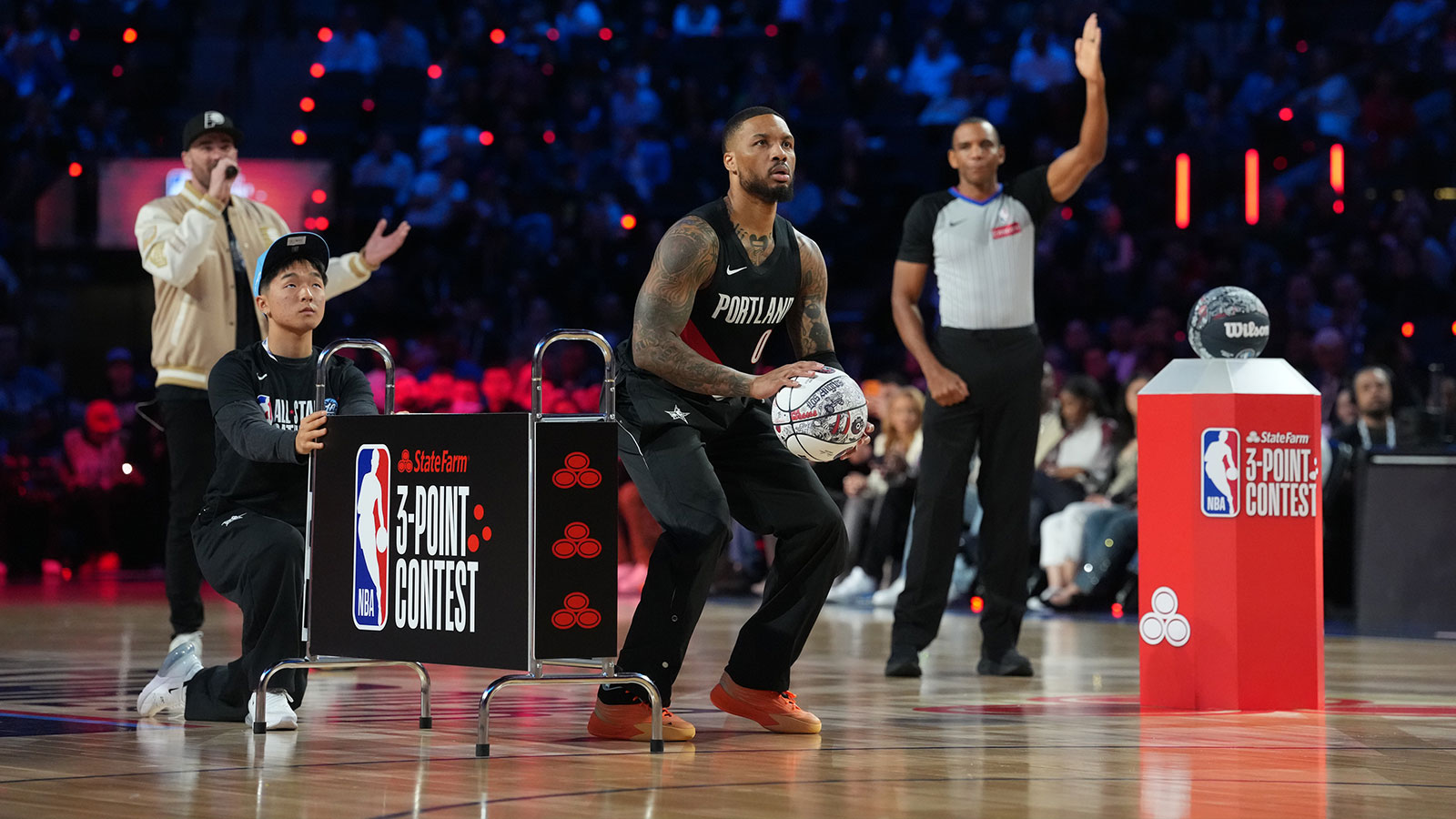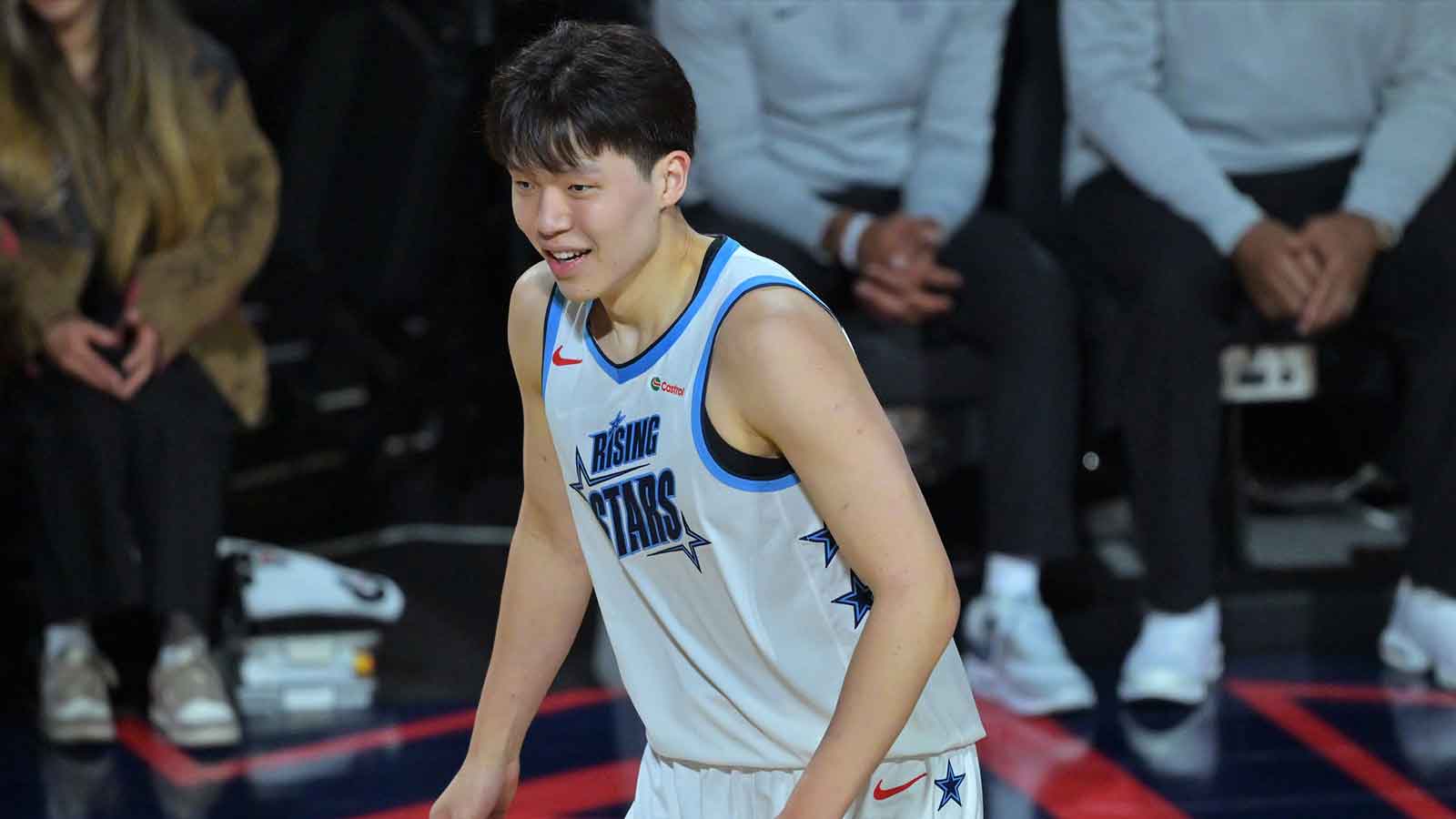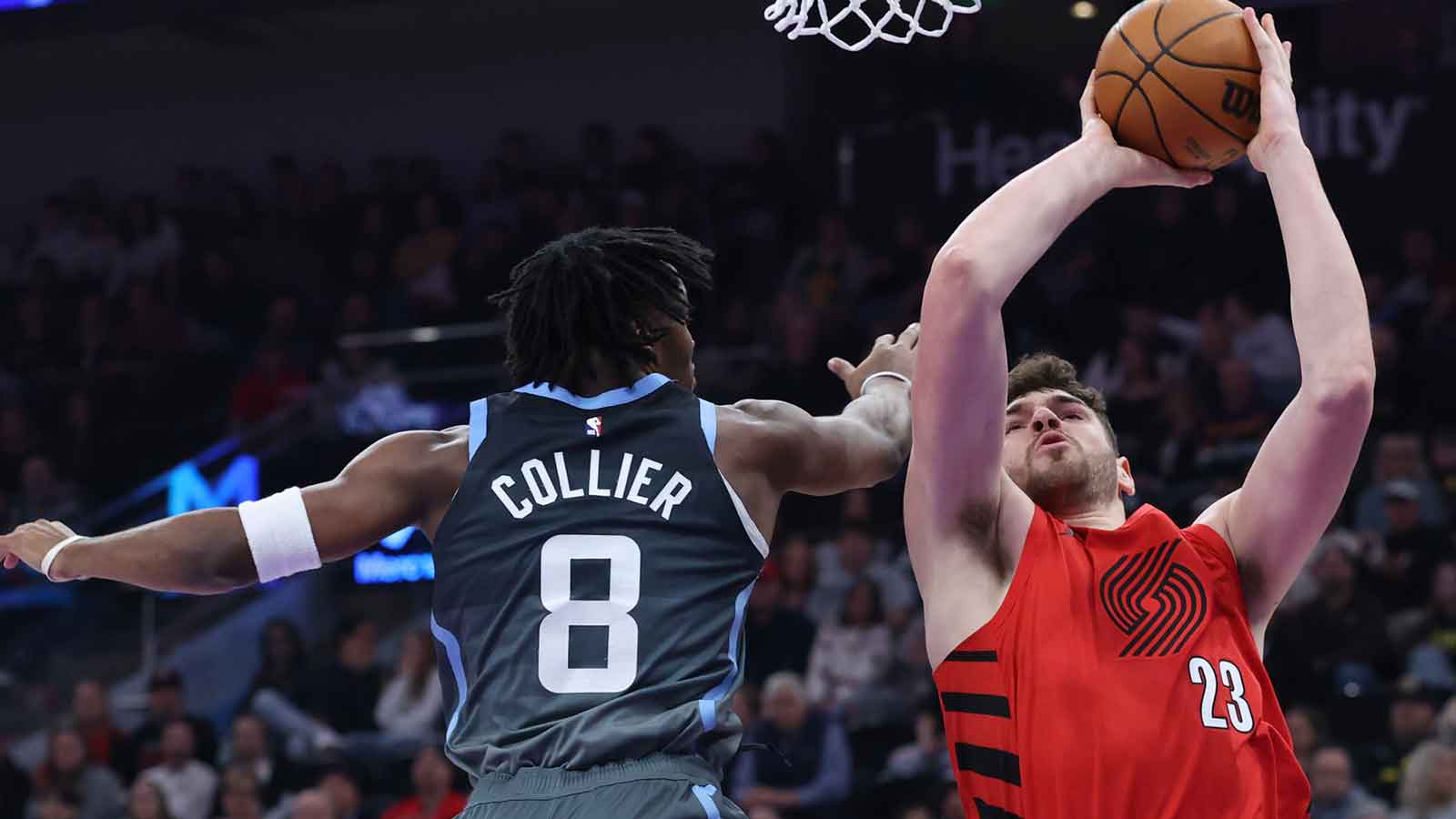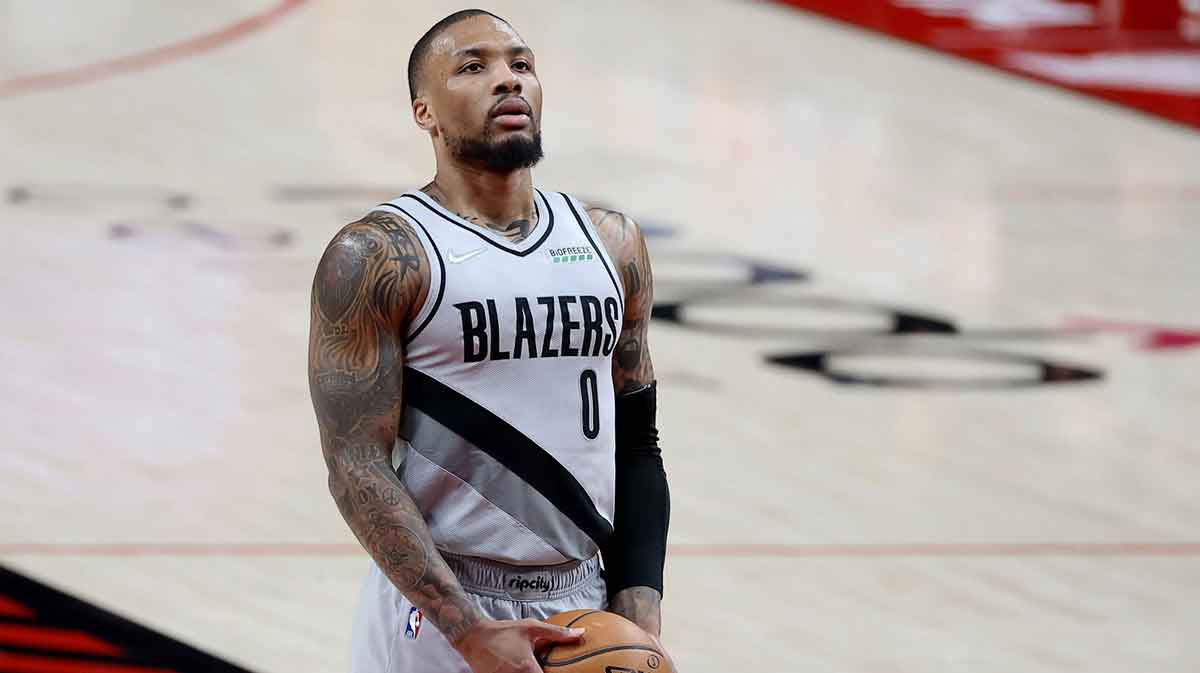Portland Trail Blazers point guard Damian Lillard has always been known as a knockdown shooter, but the series-clinching dagger he drove home against the Oklahoma City Thunder in Game 5 will likely live on as one of the greatest shots in NBA history.
With roughly 15 seconds remaining on the clock and the game tied at 115, Blazers forward Al-Farouq Aminu managed to corral a loose rebound. He immediately found Lillard, who then dribbled his way towards the other end of the floor in a controlled manner.
As a precautionary measure, most coaches would call a timeout at this point to draw up a play or two. Blazers head coach Terry Stotts, however, decided to let his guys play on. He felt confident in Lillard's decision-making, and Portland was steaming with momentum at that time.
Lillard pushed the ball up the court, and by the time he made it past the timeline, there were just 12 seconds showing on the clock. It was Dame Time, and he knew it.
After motioning to his teammates to clear out his side of the floor, Lillard began to milk the clock, lulling Paul George with a series of back-and-forth dribbles. Then, all of a sudden, Lillard rose up from well beyond the arc.
Be it by skill or by fate, Lillard's long-range shot went in, ending Oklahoma City's playoff run:
For the record: Lillard logged 45 minutes in the Blazers' closeout win over the Thunder, scoring a career playoff-high 50 points, seven rebounds, six assists, three steals and one block. He had 34 points in the first half alone, and his 10 three-pointers set a new franchise record.
Stotts recently sat down for an interview with Michael Pina of Sport Illustrated. Amid their discussion, Stotts elaborated on his decision to not call a timeout in that scenario. He says his choice came down to the personnel that he had on the floor:
“Maybe if we were down one, I'd bring back [center] Enes [Kanter] as an offensive rebounder, but the game had been flowing, we had a lot of momentum going,” Terry Stotts told Sports Illustrated.
“It was situation that we were prepared for, and I couldn't think of one good reason to call a timeout,” Stotts added. “Really, there wasn't a lot of decision to make.”
In the end, it's clear that Stotts made the right call in letting his players determine the outcome of the game.






